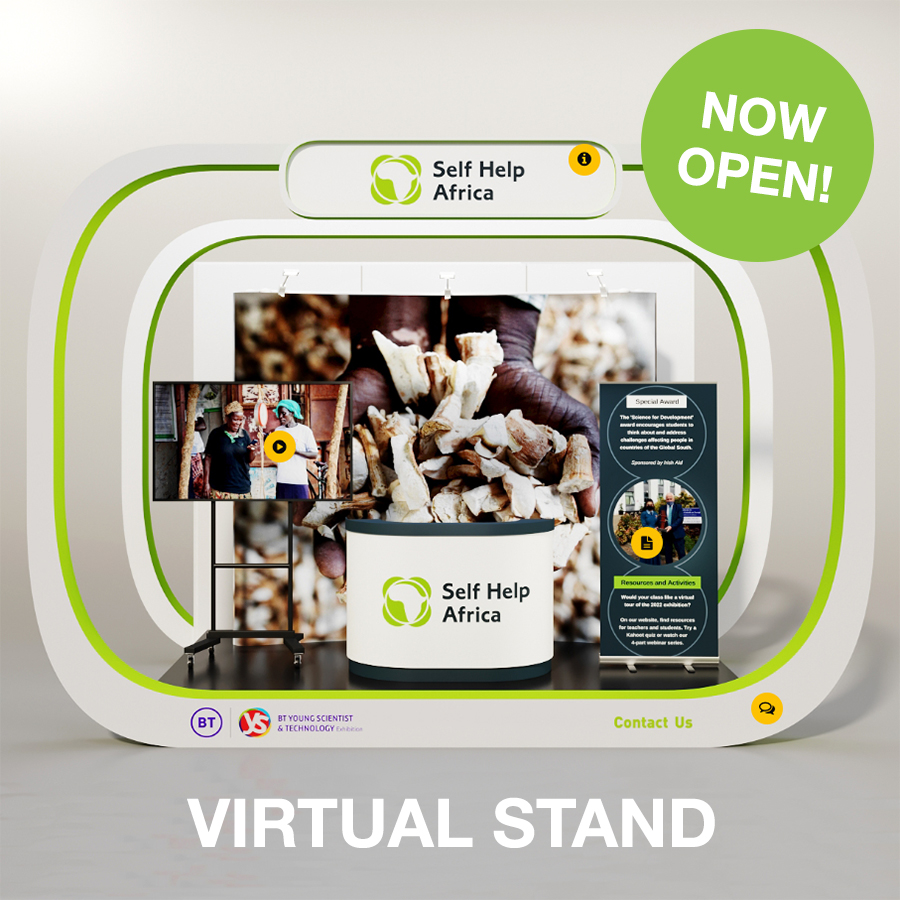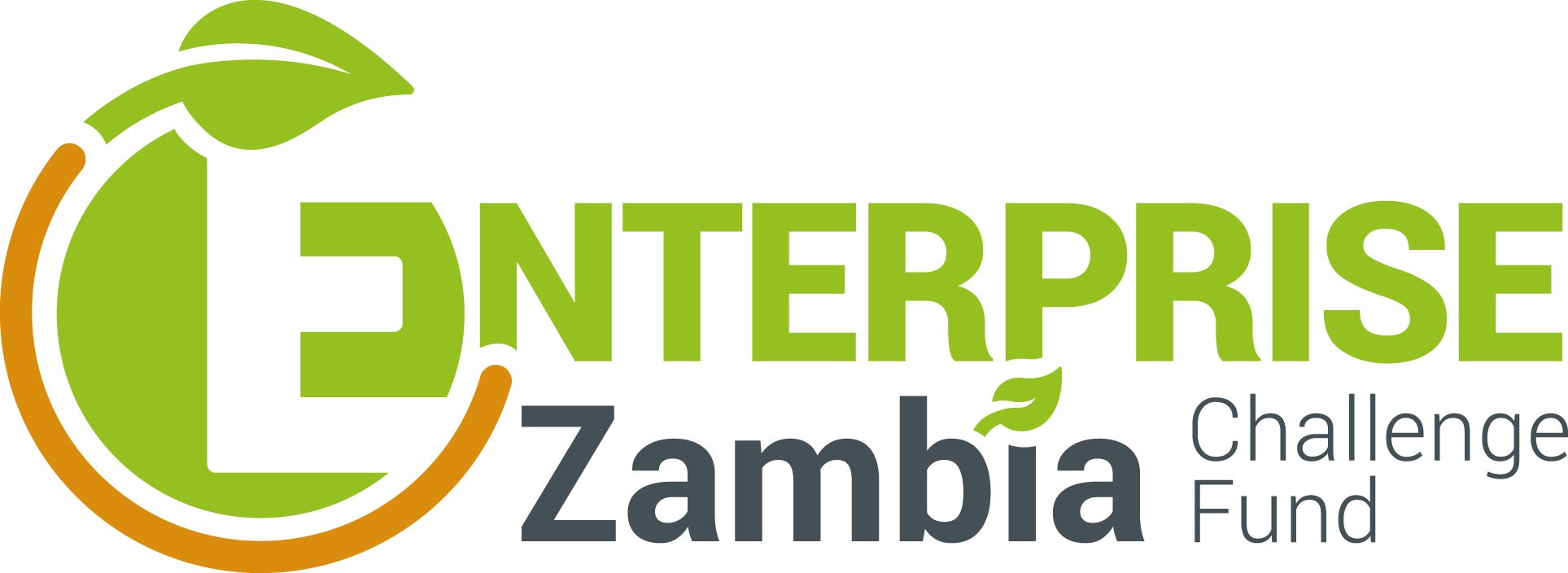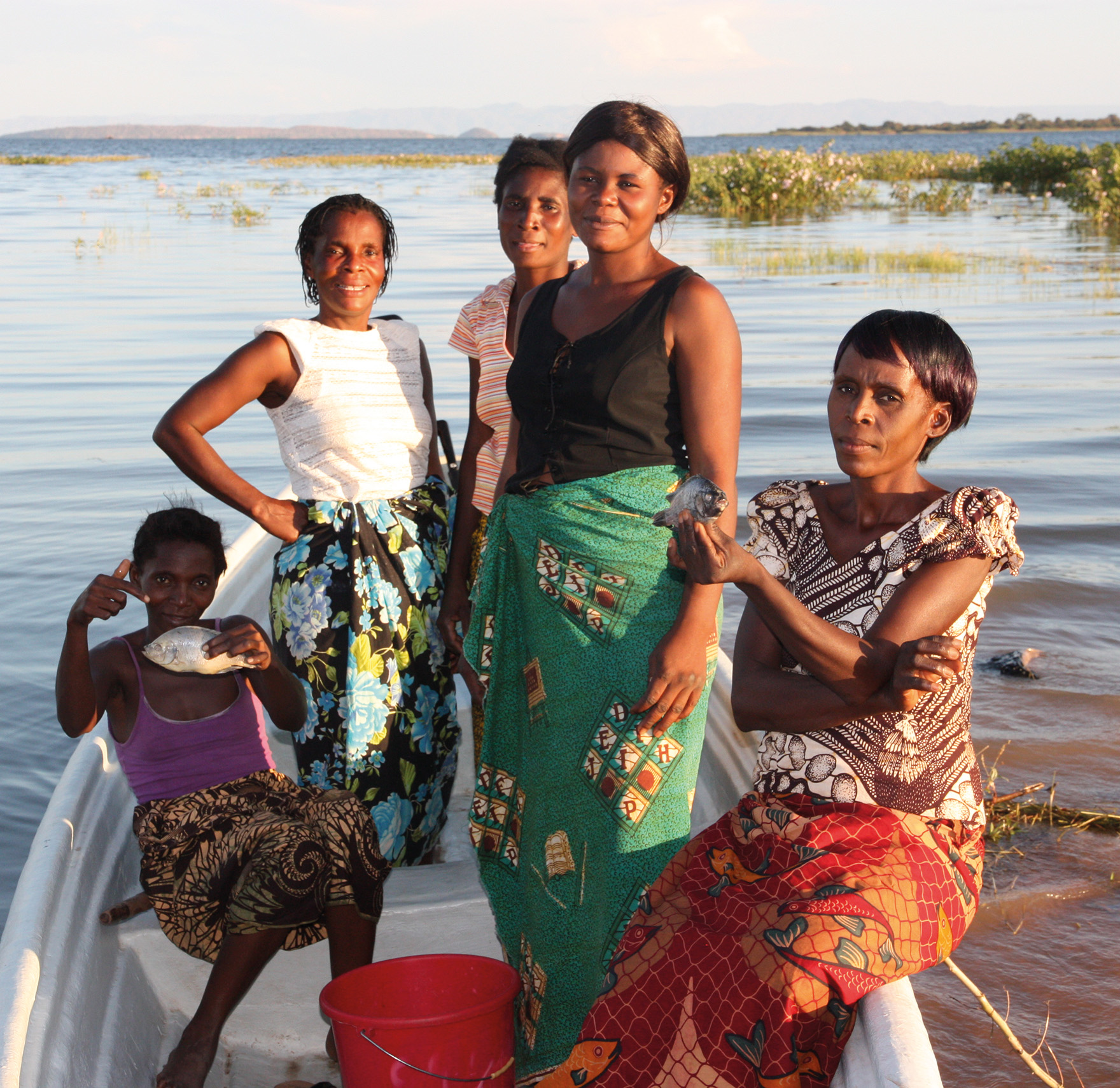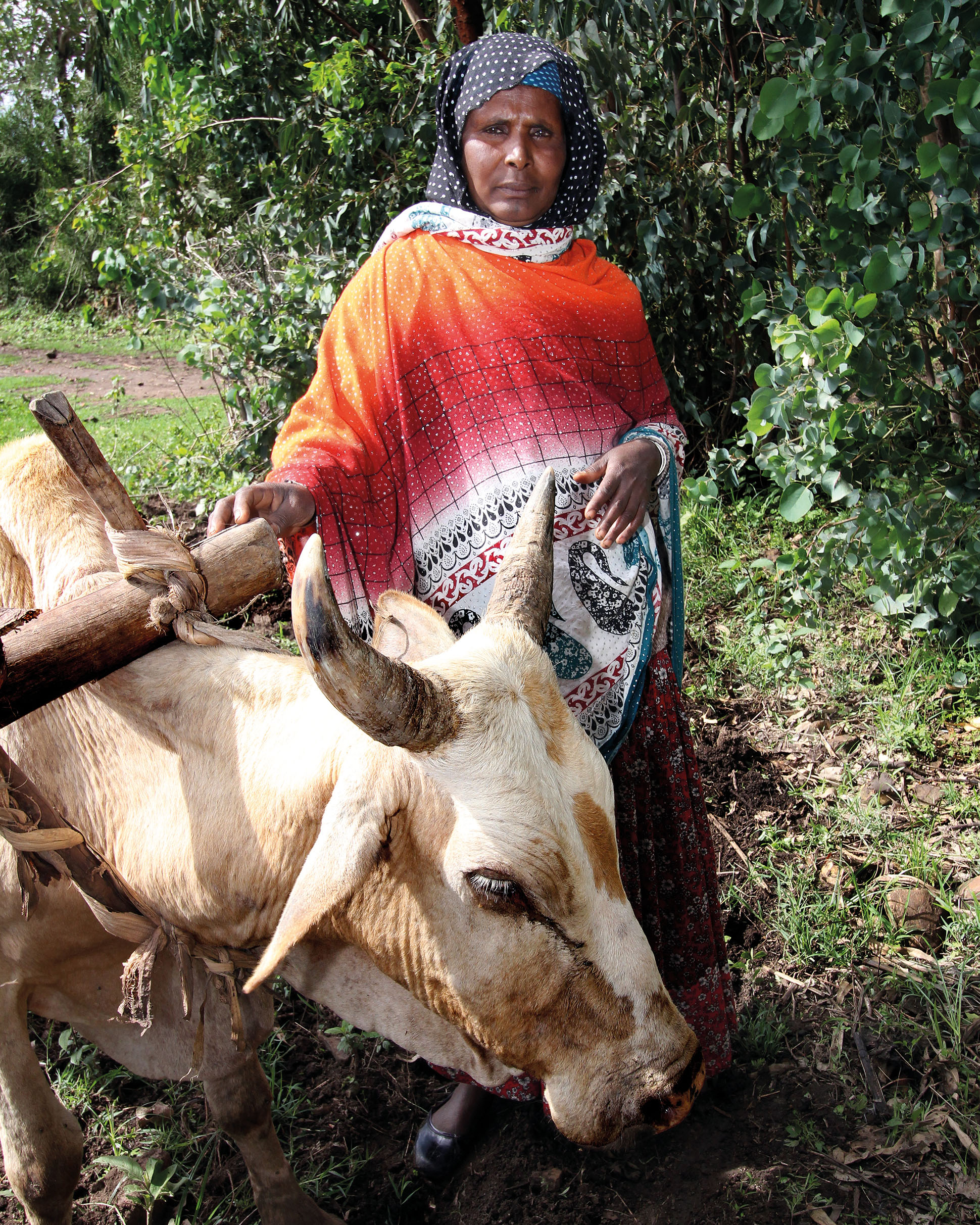Projects Overview
Development Education Programme


investing in enterprise

The ENTERPRISE Zambia Challenge Fund awarded match-funding grants totalling more than €6.8m to 15 companies in 2021, as the EU-funded enterprise development project moved into its second year.

Livestock - a vital asset for smallholder farmers
Livestock plays a vital role in the economic, cultural and social existence of millions of small-scale farming families in Africa.

The African continent has an estimated 800 million livestock keepers, with the sector con- tributing between 30 to 50 percent of agricultural GDP, and supporting the food security and livelihood needs of about one-third of Africa’s population, more than 350 million people.
Animals are often a family’s most valuable asset, providing dairy products to sell, food to eat, pulling power for farm ploughs and transport for the family. Indeed, many of the continent’s poorest farmers earn their livings by selling livestock and animal products.
Livestock plays an important cultural and social role too, with cattle, goats, camel and sheep often serving as ‘on the hoof’ savings - a bankable asset to be traded and sold - when funds are required to pay school fees, or are required by the household for some other purpose.
Across its’ programme portfolio, Self Help Africa supports a broad range of animal breeding programmes to support households in with animal husbandry, and assist families to develop opportunities to make money.
In many instances, programmes are used as a means of supporting income generating activities for rural women.
Pigs, goats, sheep, cattle and poultry rearing all have the potential for households to diversity their activities and enhance their income generating potential, while beekeeping is being harnessed widely as a means not just for families to generate an income, but also for the environmental benefits that bee pollination contribute to the wider environment. A recently concluded project in Uganda supported over 2,000 smallholders in the north-east of the country to increase the productivity of beekeeping, and realise the potential of honey and other bi-products as commodities that could be sold into local, regional and international markets.
We are also currently supporting activities that improve and strengthen local veterinary outreach services, provide training to paravets and support community-based animal health workers. Meanwhile, our AgriFI Kenya Challenge Fund is supporting a private sector business that is establishing a network of 400 paravets to dispense drugs and provide treatment to the livestock of pastoralist farmers living in hard-to-reach areas of the country’s far north.
Elsewhere, dairy development projects are being implemented in Ethiopia, Eritrea and Kenya, pig rearing is a part of programme activities in Uganda, Zambia and Malawi, while poultry rearing is widespread.
Meanwhile, in Ireland, Self Help Africa is participating in a research project with Queen’s University, Belfast, that is piloting a programme of goat health management through a network of farmer field schools in Malawi.
